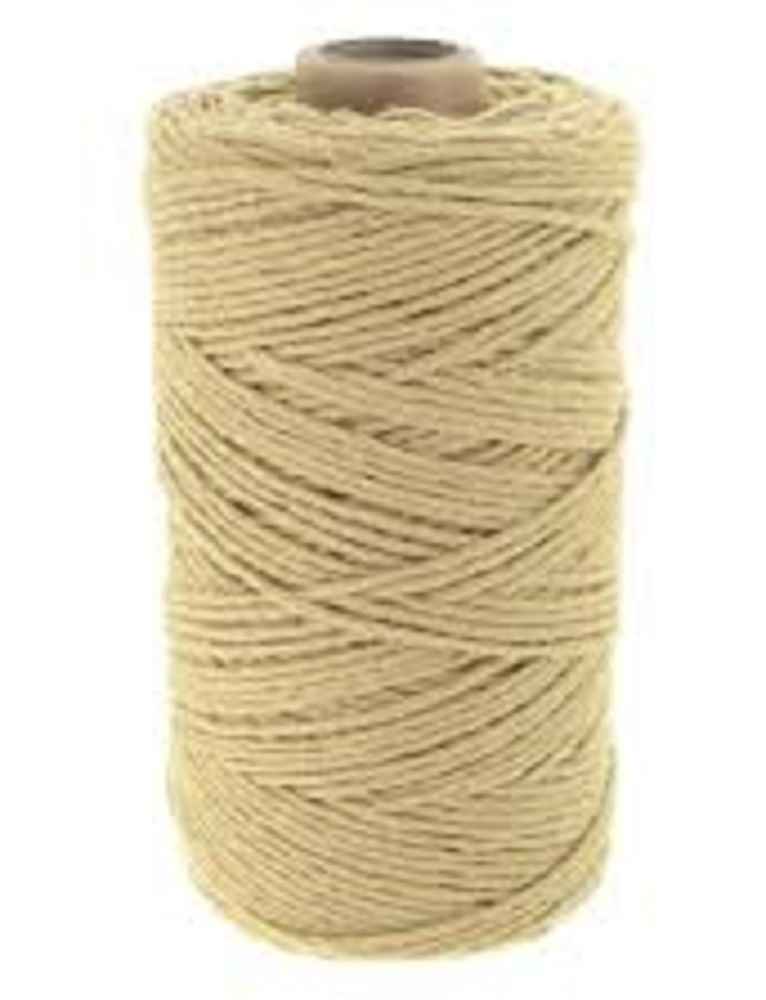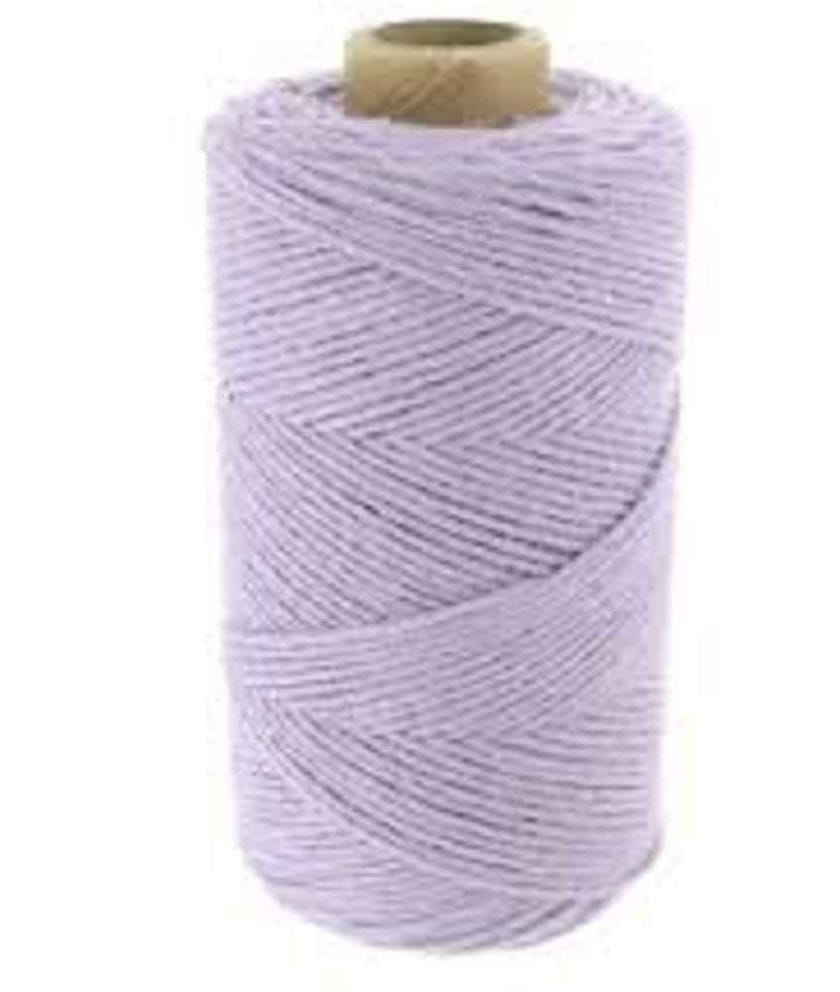Acrylic yarn is a popular choice for knitters and crocheters because of its softness, durability, and affordability. It is also a synthetic fiber that can be made in many different colors, making it a versatile option for a wide range of projects.
However, with the growing popularity of veganism, many people are asking the question: is acrylic yarn vegan? This article aims to answer this question and provide a comprehensive understanding of acrylic yarn and veganism.
Understanding Veganism
Veganism is a lifestyle choice that seeks to exclude the use of animal products and by-products, such as meat, dairy, eggs, and honey, for food, clothing, and other purposes.
This ethical and environmental stance is based on the belief that using animal-derived products is unjust and harmful to the environment.
Reasons for Choosing a Vegan Lifestyle
There are many reasons why people choose a vegan lifestyle, including ethical concerns about animal welfare, environmental concerns about the impact of animal agriculture, and health concerns.
Some people adopt a vegan lifestyle for religious or spiritual reasons, while others do so for the potential health benefits, such as lower risk of heart disease, type 2 diabetes, and certain types of cancer.
Ethics of Veganism
The ethics of veganism are rooted in the belief that all living beings have inherent value and should be treated with respect.
This includes avoiding the use of animal products, as well as supporting cruelty-free practices in all aspects of life, including clothing and accessories.
Understanding Acrylic Yarn
Acrylic yarn is a synthetic fiber that is made from a polymer called polyacrylonitrile. It was first developed in the 1950s and has since become one of the most popular choices for knitters and crocheters because of its affordability and versatility.
Properties of Acrylic Yarn
Acrylic yarn is soft, lightweight, and easy to care for, making it an excellent option for a wide range of projects, including clothing, accessories, and home decor. It is also hypoallergenic, making it a good choice for people with sensitive skin.
Popularity of Acrylic Yarn
Acrylic yarn is one of the most popular choices for knitters and crocheters because of its affordability and versatility. It is also easy to care for, making it a practical option for busy people who want to make something handmade.

Is Acrylic Yarn Vegan?
Yes, Acrylic yarn is completely animal-free and is made of synthetic fibers. However, some acrylic yarn may contain small amounts of animal-derived ingredients, such as casein (a protein found in milk) or lanolin (a waxy substance found in sheep’s wool).
Animal-Derived Ingredients in Acrylic Yarn
It is important to note that not all acrylic yarn contains animal-derived ingredients. Many brands of acrylic yarn are made from 100% synthetic materials and are considered vegan.
However, some acrylic yarn may be blended with other fibers, such as wool or silk, which would make it non-vegan.
Comparison with Other Synthetic and Natural Fibers
Acrylic yarn is a popular alternative to natural fibers, such as wool and silk, because it is more affordable and easier to care for.
However, some vegans may choose to avoid synthetic fibers altogether and opt for natural fibers that are derived from plants, such as cotton, linen, and bamboo.
Ethics of Acrylic Yarn
In addition to the question of whether acrylic yarn is vegan, there are also ethical concerns about the production of synthetic fibers, including the environmental impact of their production and labor practices in their production.
Environmental Impact of Acrylic Yarn Production
The production of synthetic fibers, including acrylic, requires the use of petroleum-based chemicals, and produces a significant amount of pollution.
Additionally, synthetic fibers are non-biodegradable. This means that they can contribute to the growing problem of plastic waste in the environment.
Labor Practices in the Production of Acrylic Yarn
The production of synthetic fibers, including acrylic, often takes place in countries with weak labor laws and low wages. This can result in poor working conditions for workers and may involve the use of child labor.
Comparison with Other Synthetic and Natural Fibers
In comparison to other synthetic fibers, such as polyester and nylon, the production of acrylic yarn is generally considered to have a lower environmental impact.
However, it is still important to consider the environmental impact of synthetic fibers and to choose brands that are produced in an environmentally responsible manner.

Conclusion
In conclusion, acrylic yarn is a synthetic fiber that is not derived from animals and is generally considered vegan. However, it is important to check the ingredients and materials used in a particular brand of acrylic yarn to determine whether it is vegan.
Additionally, there are ethical concerns about the production of synthetic fibers, including the environmental impact of their production and labor practices in their production.
Frequently Asked Questions
What is the difference between acrylic yarn and other synthetic fibers?
Acrylic yarn is a type of synthetic fiber that is made from a polymer derived from petroleum. Other synthetic fibers, such as polyester and nylon, are also made from petroleum-based materials but may have different properties and uses.
The main difference between acrylic yarn and other synthetic fibers is that acrylic yarn is often considered to have a lower environmental impact in comparison.
Can I use acrylic yarn for all types of projects?
Yes, acrylic yarn can be used for a variety of projects, including knitting, crocheting, and weaving. It is known for its softness, affordability, and ease of care, making it a popular choice for a wide range of projects.
Are all brands of acrylic yarn vegan?
Not all brands of acrylic yarn are vegan. Some acrylic yarn may contain small amounts of animal-derived ingredients, such as casein or lanolin.
When choosing acrylic yarn, it is important to check the ingredients and materials used to determine whether it is vegan.
What are the environmental concerns associated with the production of acrylic yarn?
The production of synthetic fibers, including acrylic, requires the use of petroleum-based chemicals and produces a significant amount of pollution.
Additionally, synthetic fibers do not biodegrade, meaning that they can contribute to the growing problem of plastic waste in the environment. It is important to choose brands of acrylic yarn that are produced in an environmentally responsible manner.
Are there any labor practices concerns associated with the production of acrylic yarn?
The production of synthetic fibers, including acrylic, often takes place in countries with weak labor laws and low wages. This can result in poor working conditions for workers and may involve the use of child labor.
When choosing acrylic yarn, it is important to consider the production practices of the brand and to choose brands that have fair labor practices.
